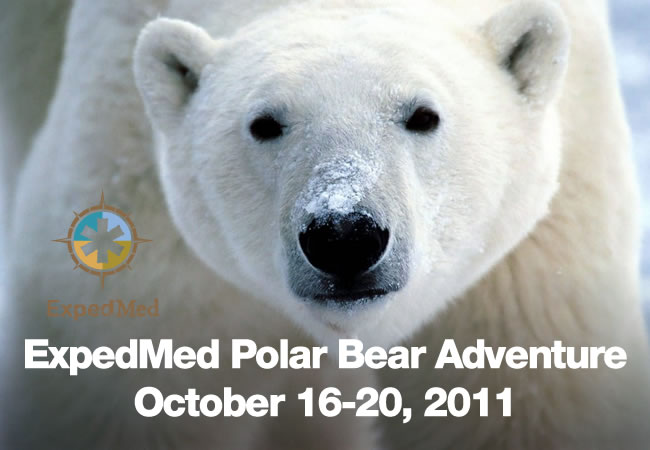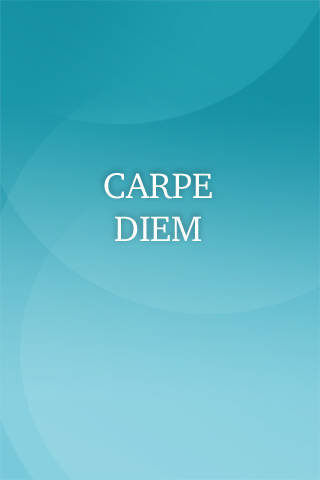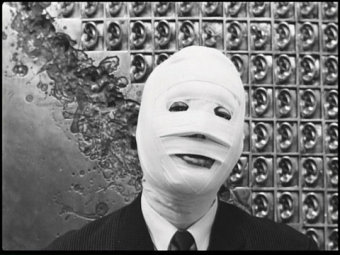ExpedMed's CME Polar Bear Adventure: Why You Should Go
Hopefully, you've seen the advertisement here on Freelance MD about our 2011 ExpedMed CME Polar Bear Adventure (during October 20-25, 2011). However, I wanted to take a moment and explain why I think this is such an incredible opportunity for our Freelance MD readers.
In a recent Freelance MD post, Dr. Barry Silbaugh, president of the Americal College of Physician Executives, mentioned that it sometimes takes getting away from it all to have one of those "epiphany" moments that end up being life-changing.
Here at Freelance MD we're committed to providing opportunities for our readers. We provide these opportunities in multiple ways-- by recruiting excellent authors for our site, by recommending products and services that we believe can be beneficial to today's modern physician, and by creating events in which our readers can participate that can lead to significiant life-change. The ExpedMed CME Polar Bear Adventure is one of those potentially life-changing events.
In late October I will be leading a team of adventurous medical professionals to Churchill, Canada to see the famed polar bears of this region. Churchill is located right on the Hudson Bay, one of the first portions of the Arctic ocean that freezes every winter. In September and October, polar bears come from miles around to await the freeze so they can move onto the ice to hunt seals. During these months, there is no better place to see polar bears in the wild than Churchill, Canada.
You can read more about the specifics of the trip on our here. I'll summarize the page simply by saying that the trip will be a lot of fun, you'll earn 25 hours of CME credits for your participation, and you'll get two nights in the famous Tundra Buggy Lodge during your five day adventure.
However, this trip is more than polar bears and earning a chunk of CME credit.
When I speak with physicians around the US-- and I speak to a lot of them each year-- many seem overwhelmed, despondent, trapped. They're not sure what their next step should be and they're afraid of making a mistake. They're in need of more than simply a job tweak, they're really in need of some life inspiration.
Yes, there are those who have been inspired in their daily work environments, but there's just something about leaving the comforts of your home, going some place truly wild, and taking your mind off your practice and your daily woes that helps refocus your energies and plant the seeds of something new and exciting in your life. It's difficult to be distracted by the problems with your medical billing company when a 1,500 lb creature is staring at you from a few feet away. It's much easier to dream big dreams when your cell phone and pager aren't constantly buzzing and the only "static" you're taking in is the snowfall on the Canadian tundra.
Life is busy. Medical life is especially busy. This CME adventure is designed to slow everything down and take you away...far, far away.
Ultimately, our hope with this CME adventure is to take you out of your comfort zone, expose you to a magnificent wilderness and some incredibly majestic wild creatures, and help you get your priorities in order (and give your problems a little perspective). You can't do this at home and you can't do this online. You have to untether yourself from your busy world and make a break for it.
If you've been looking for an excuse to take a break, this is your opportunity. This trip will enable you to create memories with other like-minded individuals in a remote wilderness setting that you'll never forget.
Come with us to Churchill in October and meet other members of the ExpedMed and Freelance MD communities. Earn some CME credits and return home recharged and refocused. Stop making excuses and quit the whining. Take charge of your career and remember this quote from Helen Keller: "Life is either a daring adventure, or nothing."





 Post a Comment
Post a Comment






